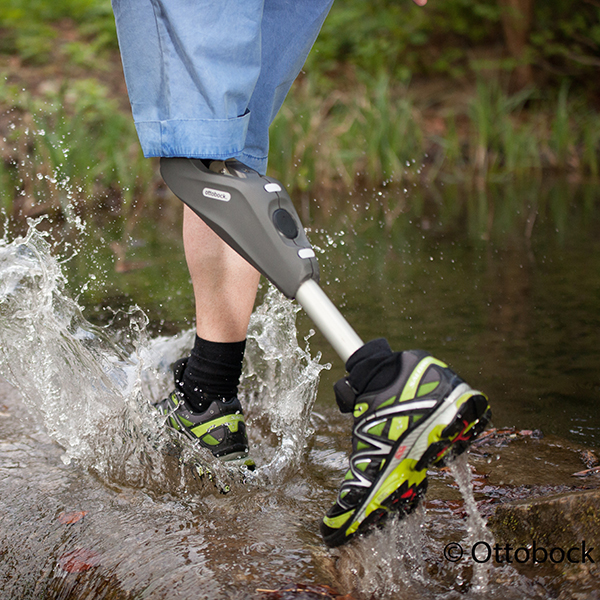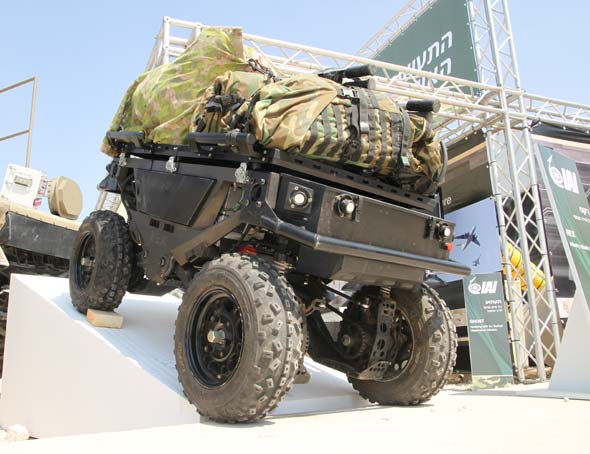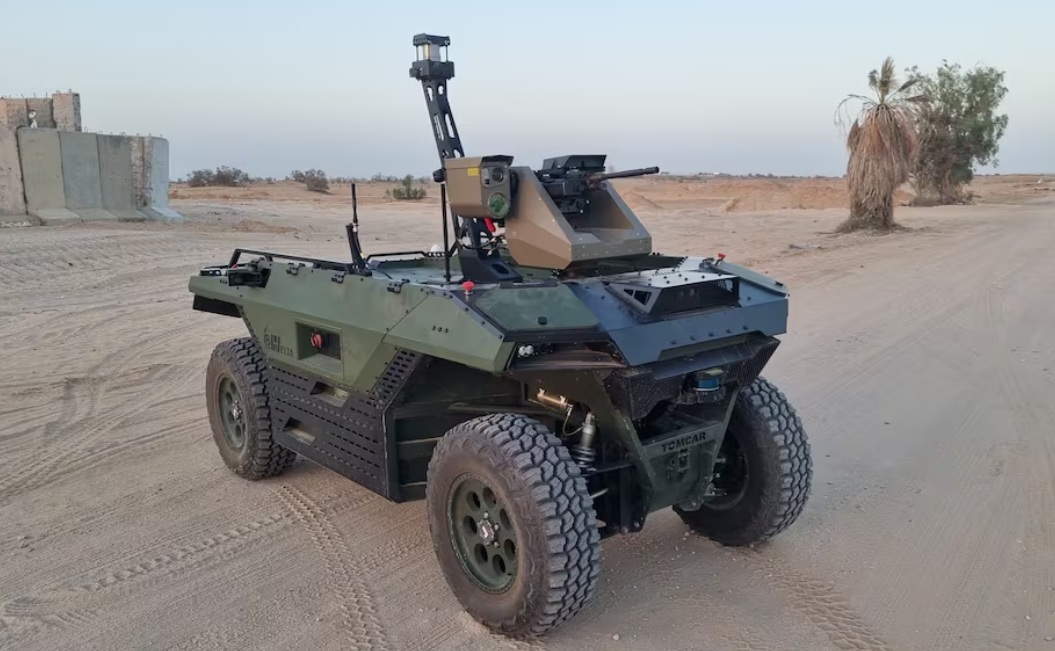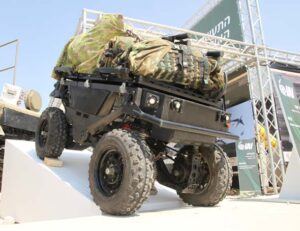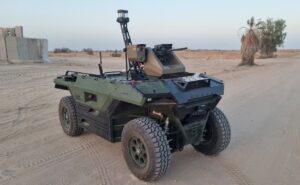Each Genium “bionic” knee costs around $85,000.
By Hezy Laing
According to the IDF Manpower Directorate, over 5,500 soldiers were injured between 2023 and 2024, many of whom sustained limb-threatening injuries.
In response, Israel’s Defense Ministry, in collaboration with companies like Chemitec and organizations such as Belev Echad, has accelerated the deployment of high-tech prosthetics like the Genium Bionic Knee and Hero Arm.
These devices are being fitted to soldiers who lost limbs in combat, enabling them to walk, run, and even return to active duty or athletic pursuits
The Genium Bionic Prosthetic System, has proven transformative for military veterans, restoring mobility, independence, and even enabling some to return to active duty.
Unlike traditional prosthetics, the Genium system is a marvel of engineering.
It integrates sensors, gyroscopes, GPS, Bluetooth, and Wi-Fi to replicate natural movement.
Its onboard computer processes data at lightning speed—100 times per second—adjusting hydraulic motors in real time to match the user’s activity.
This allows for seamless transitions between walking, running, climbing stairs, and even cycling, without the user needing to consciously control each motion.
The result is a prosthetic that feels intuitive and responsive, dramatically improving quality of life.
A partnership between Israel’s Defense Ministry and Chemitec enabled dozens of disabled IDF veterans to receive Genium knees, each costing around $85,000.
Though the price tag was steep, the impact was immeasurable. Soldiers who had been sidelined by injury were able to walk, run, and reclaim their lives.
Complementing these efforts are organizations like Belev Echad, which provide customized prosthetics and emotional support through fundraising and rehabilitation programs.
Their work ensures that injured soldiers are not only physically restored but emotionally uplifted.
Beyond Genium, other bionic systems like the Hero Arm are also making waves.
These devices use muscle sensors to enable intuitive control, allowing users to perform everyday tasks and even engage in sports like snowboarding.
Meanwhile, research into brain-computer interfaces (BCI) is pushing the boundaries further, exploring ways to translate neural activity directly into prosthetic movement.
Though still in early stages, BCI holds promise for even more natural and responsive prosthetic control.
Last year, Boris Shtonda, who lost his leg fighting in Gaza, defied the odds by walking down the aisle to the chuppa on his prosthetic leg and shattering the wedding glass with it.


